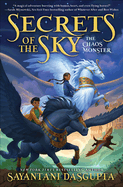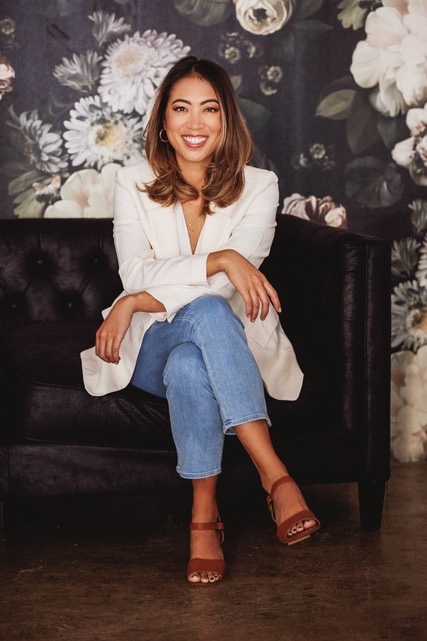 |
| photo: Emily Cummings |
Elise Hu is the host of TED Talks Daily and a host-at-large for NPR, where she was an international correspondent and the founding bureau chief in Seoul, South Korea. Her experiences in Korea were a jumping-off point for her nonfiction exploration, Flawless: Lessons in Looks and Culture from the K-Beauty Capital (Dutton, May 23, 2023).
Handsell readers your book in 25 words or less:
Tech-forward Korea helps us understand how the core promise of capitalism--transformation through spending--means remaking our bodies. Where do we draw the line?
On your nightstand now:
Plucked by Rebecca Herzig. I've written essays adjacent to the release of Flawless, and one of them is focusing on how I am parenting my three young girls now that I have gone through a journey to better understand aesthetic labor and its costs. Plucked is a history and study of body hair removal--why, what for, and what it means. It's a rich, engrossing, and fascinating subject.
The Master's Tools Will Never Dismantle the Master's House by Audre Lorde. I revisit and thumb through this to stay motivated. It's such a simple book, really, only 50 pages or so. But worthwhile to keep on your nightstand to remember the struggle for equity and liberation for marginalized people, perspectives, and voices.
Favorite book when you were a child:
Wayside School Is Falling Down by Louis Sachar. This ended up being a classic, and a series, but when I was in third grade and first encountered Wayside School, I think it might have just come out! I found it so funny and full of hijinks, and Sachar really made me want to be at that school instead of my own. I read it again and again.
Sense and Sensibility by Jane Austen. In middle school, I got really into Sense and Sensibility after seeing the film adapted by Emma Thompson and starring my then-celebrity-crush, Hugh Grant. So not only did I read the book, but I devoured the Sense and Sensibility film companion coffee-table book that came out, which was behind-the-scenes photos from the shoot and Emma Thompson's journal as they made the film.
Your top five authors:
Kazuo Ishiguro, Joan Didion, Mary H.K. Choi, Philip Roth. The journalism of David Foster Wallace. (So... his essay collections, basically. I think this says something about my attention span.)
Book you've faked reading:
Don't tell my English teacher, but I clearly did not read a few of the books that they assigned in 11th and 12th grades, notably the Aeneid by Virgil and Beowulf. (No offense to Beowulf fans but, hoo boy, I found this torturous to get into.)
Book you're an evangelist for:
Four Thousand Weeks: Time Management for Mortals by Oliver Burkeman. Ostensibly a book about time management, it's actually a philosophical take that argues against productivity hacks and optimization. I think about it all the time.
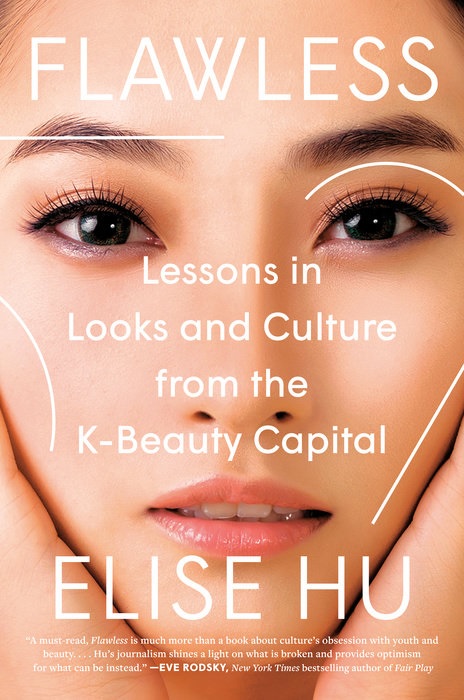 Book you've bought for the cover:
Book you've bought for the cover:
I do almost all my reading on e-readers, but I do recall I bought Fates and Furies by Lauren Groff without knowing anything about it, because the simple and alliterative title on a beautiful teal cover drew me in.
Book you hid from your parents:
I've never hid a book from my parents, largely because I don't think they were ever that curious about what I was reading, and I had so many books around as a child that to "hide" a book was unnecessary. Every book was essentially hiding in plain sight among the stacks.
Book that changed your life:
The Middle Passage by James Hollis. James Hollis is one of America's preeminent Jungian psychologists and writers. The Middle Passage was his original exploration of what happens to us in the search for meaning and identity at midlife, a period between "first adulthood" and "second adulthood." When I was about 35, I found I actually encountered this "middle passage" phenomenon. Around that time I got a meal with Matt Weiner, the showrunner and writer of Mad Men. He said that if I could find this out-of-print book, The Middle Passage, it would be useful to me. He said its ideas informed much of the art he made on TV. Anyway, if you've reached your mid-30s or thereabouts, this book really tracks.
Fun fact: one of the chapters of Four Thousand Weeks starts with "The Jungian psychologist James Hollis" to which I thought, YOU HAD ME AT JAMES HOLLIS!
Favorite line from a book:
"Lenore wants me to be a slightly different person than who I actually am, and I can't force myself to care about the things that are important to her. So even when we both 'win,' nothing really changes." --from Killing Yourself to Live by Chuck Klosterman.
This to me says so much about the crucial ingredient for a romantic relationship to work: that you accept your partner or partners as who they actually are, and not a "slightly different person."
Five books you'll never part with:
Kim Il-sung Works by Kim Jong-il. The North Korean government published endless volumes of the teachings and thought of Kim Il-sung, the first North Korean dictator. The propaganda books are sent abroad to countries with some ties to North Korea, like Laos. In 2017, when I was reporting on Obama's final Asia visit, with a stop in Laos, I went to a restaurant run and staffed by North Koreans. The restaurant had a shelf of propaganda books with Kim Il-sung thought, and my Laotian fixer asked them if we could keep one. I still have it as a totem to my days as a foreign correspondent, covering one of the most closed countries in the world.
Tiny Beautiful Things by Cheryl Strayed. Before I became a super evangelist for Four Thousand Weeks, Tiny Beautiful Things was the book I would most often buy and give to my friends. So much of the advice in there is timeless. Like the Audre Lorde book on my nightstand, I go back and read parts of it because I often need it.
The World According to Mister Rogers by Fred Rogers. Mister Rogers and PBS had such an outsized influence on me as a daughter of immigrants. Television informed what I thought was "normal" or even aspirational, because I was hyperaware my family was different. Thankfully, Mister Rogers was a constant presence, and the way he spoke directly to me made me feel seen and safe.
Never Let Me Go by Kazuo Ishiguro. This is just such a beautiful and affecting story, a reminder to hold on to that which makes us human for as long as we are alive.
Consider the Lobster and Other Essays by David Foster Wallace. To be honest, I may have parted with this several times, because I've loaned it out to my assistants or younger journalists who have come through my house. This collection is my favorite of DFW's journalistic works, and the title essay stopped my lobster-eating for good.
Book you most want to read again for the first time:
On Earth We're Briefly Gorgeous by Ocean Vuong. When I first read this collection a few years ago, I remember it being so deeply moving, revelatory, and affecting that I felt like I needed a cigarette after every chunk I read, even though I don't smoke.
Book publishing this year that you're excited about:
Central Places by Delia Cai. A "you can't go home again" novel about going back home again, and the character's rich interiority made it such a page-turner. I inhaled this book.
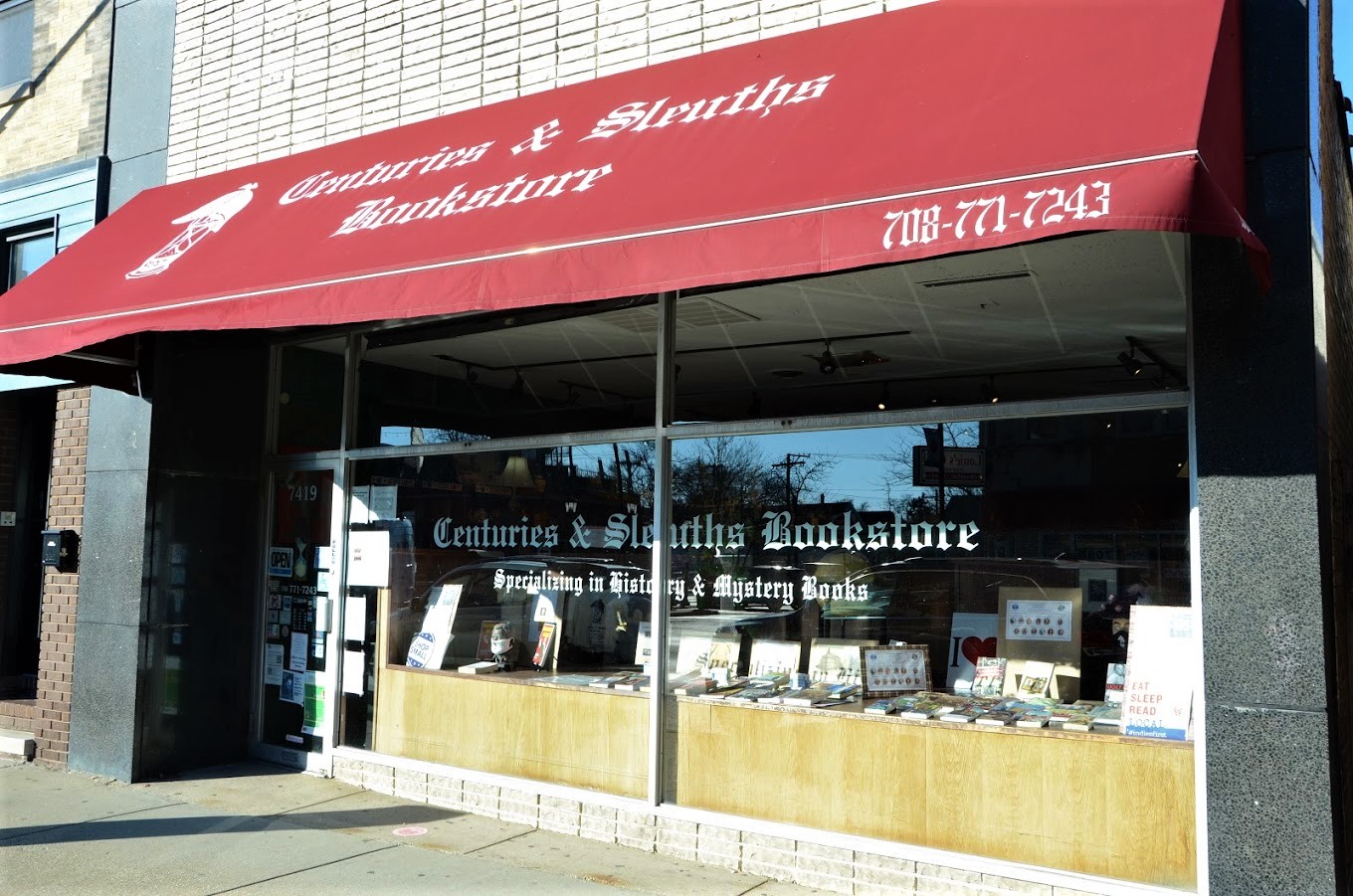





IPC.0204.S3.INDIEPRESSMONTHCONTEST.gif)




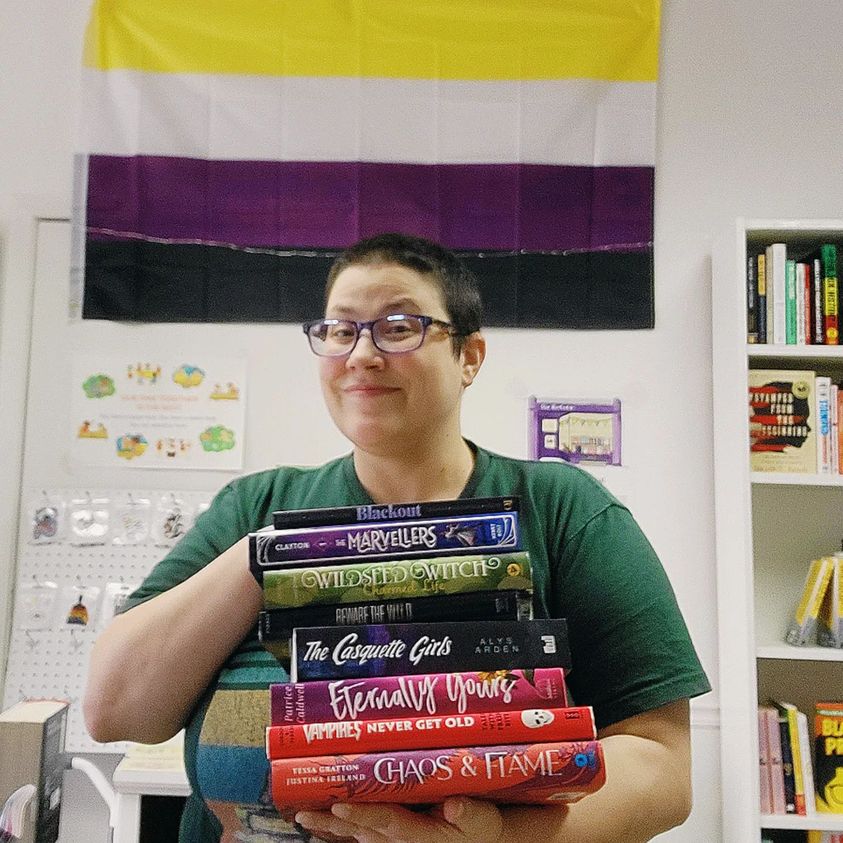

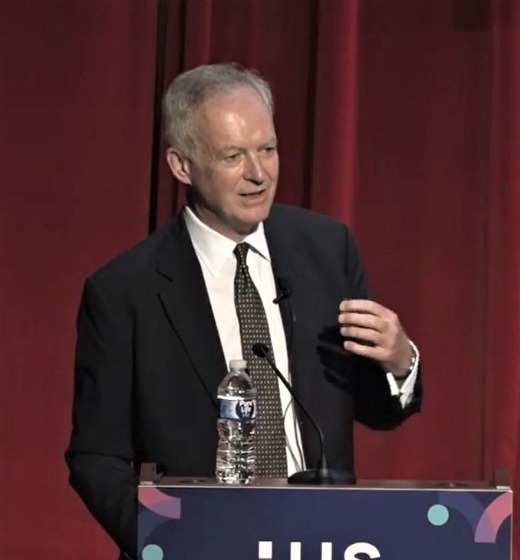

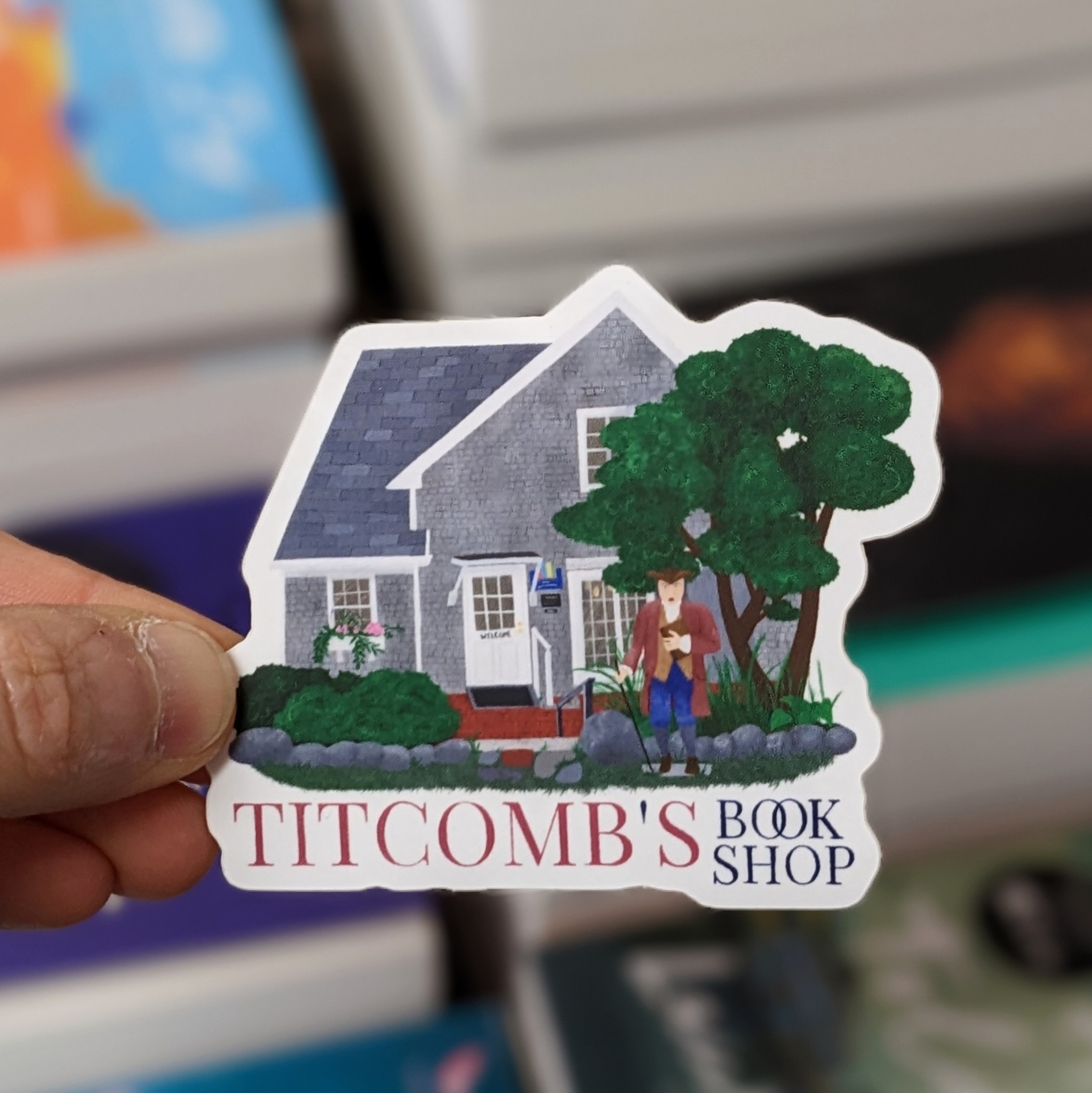 At
At 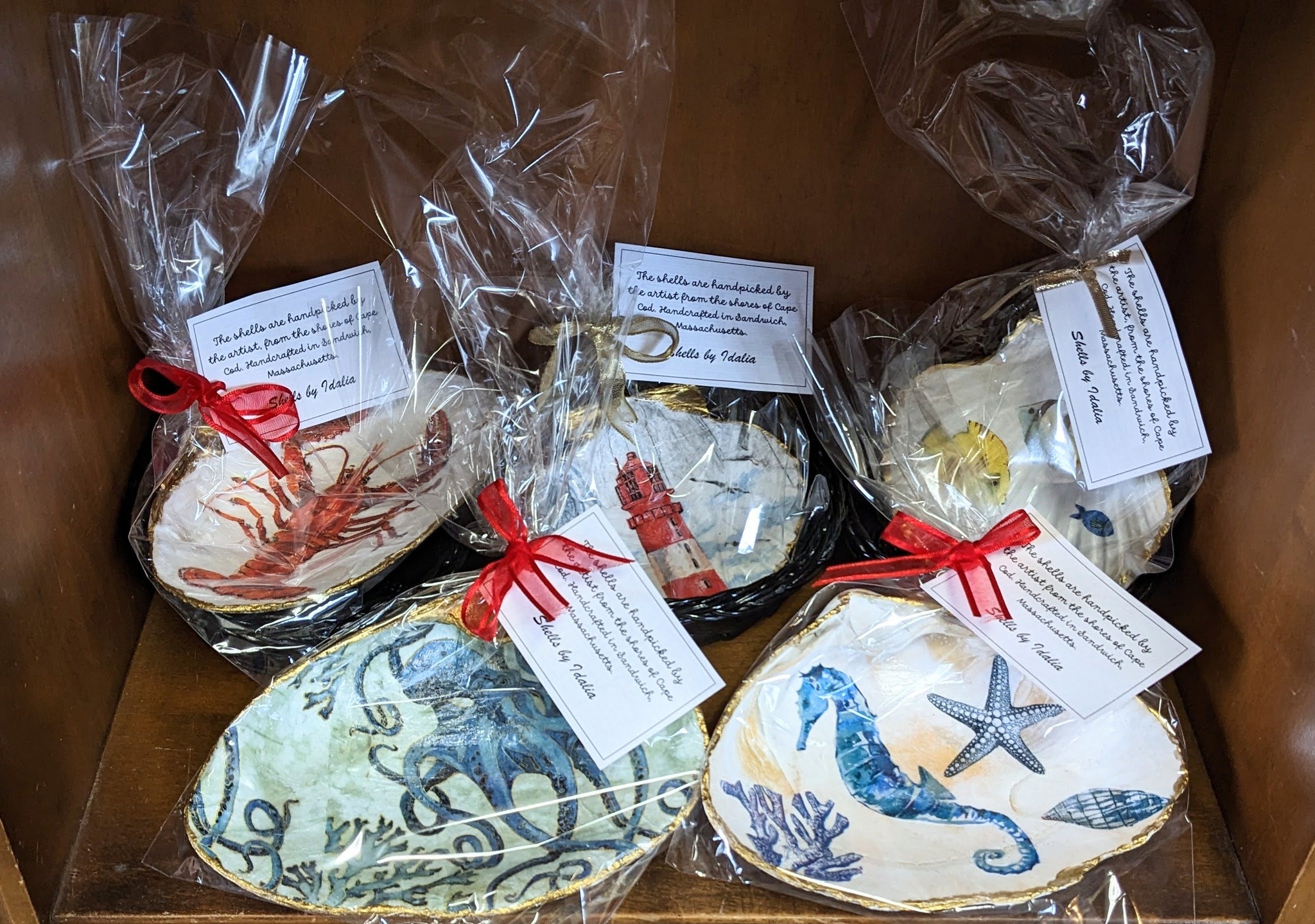 Some new additions to the store's nonbook offerings include soaps from
Some new additions to the store's nonbook offerings include soaps from 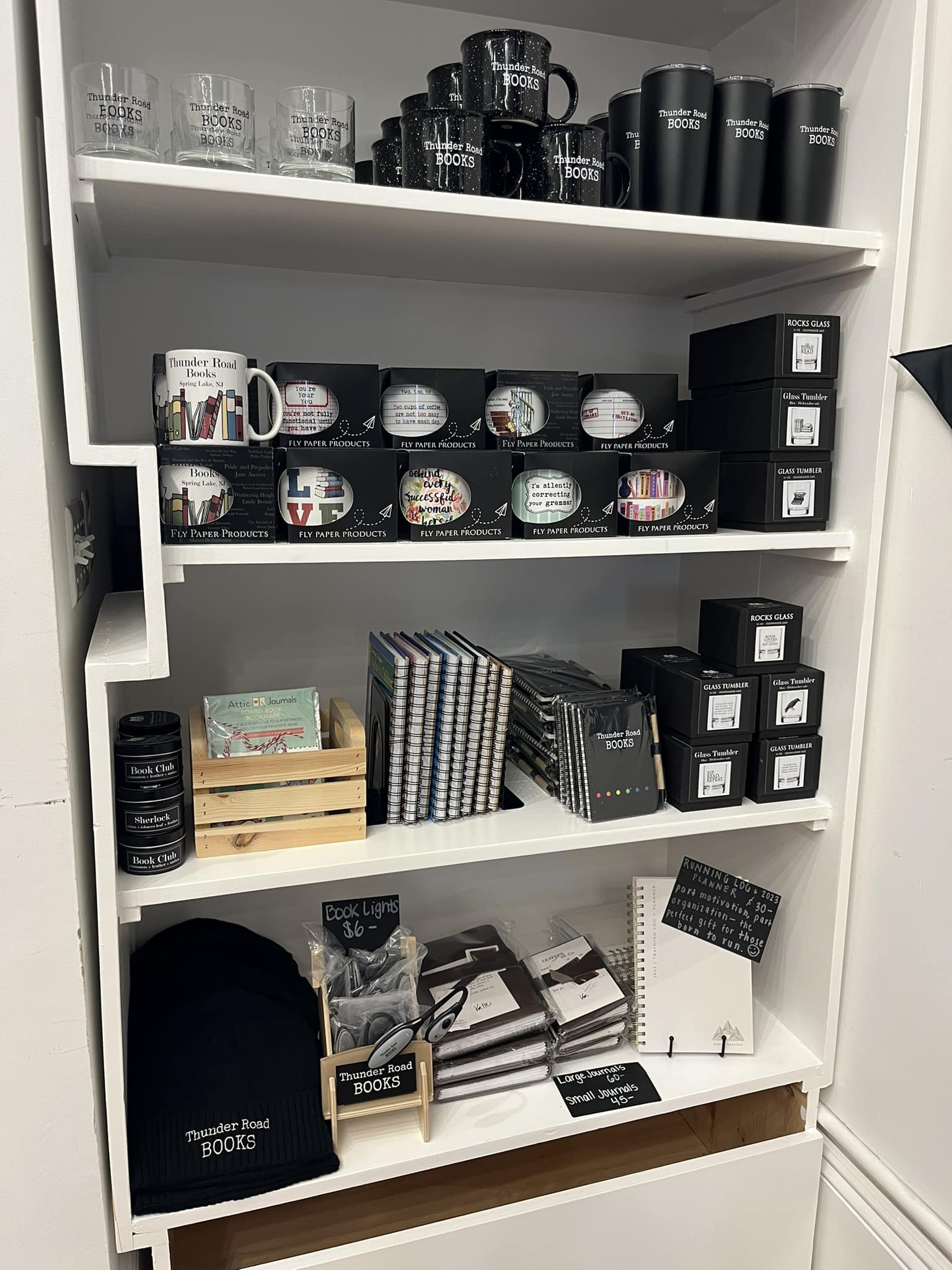 In Spring Lake, N.J.,
In Spring Lake, N.J., IPC.0211.T4.INDIEPRESSMONTH.gif)
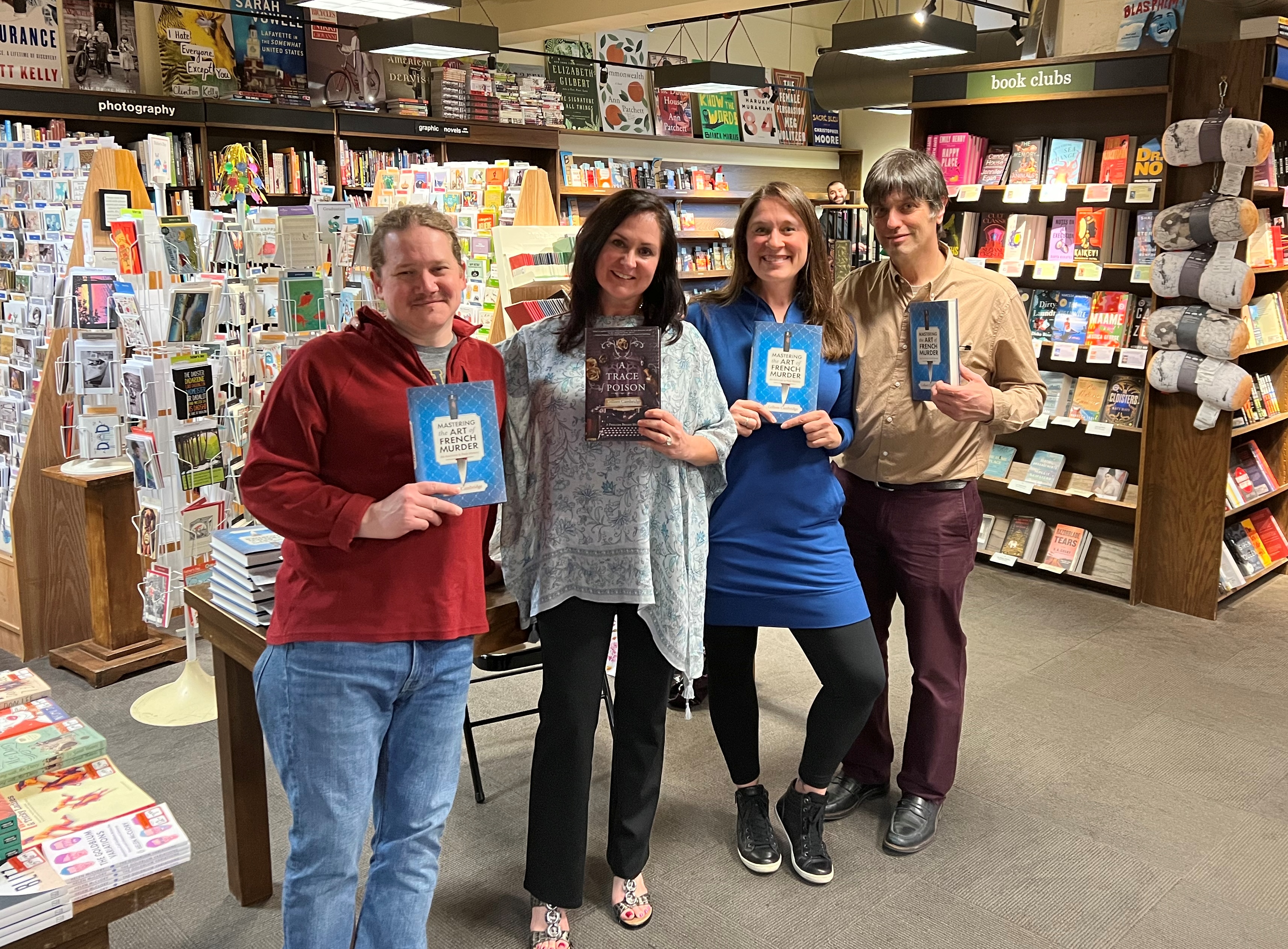 Colleen Cambridge visited
Colleen Cambridge visited 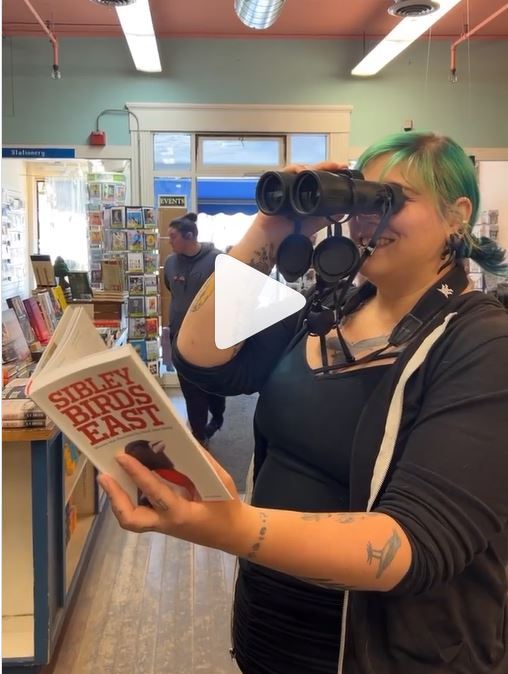
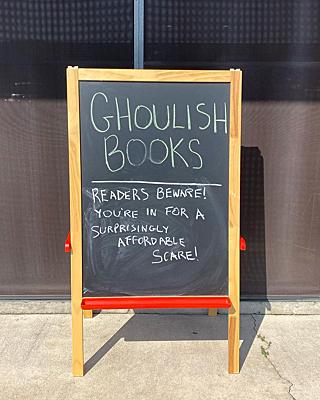 "Let’s make this week a great week for buying indie horror!"
"Let’s make this week a great week for buying indie horror!" 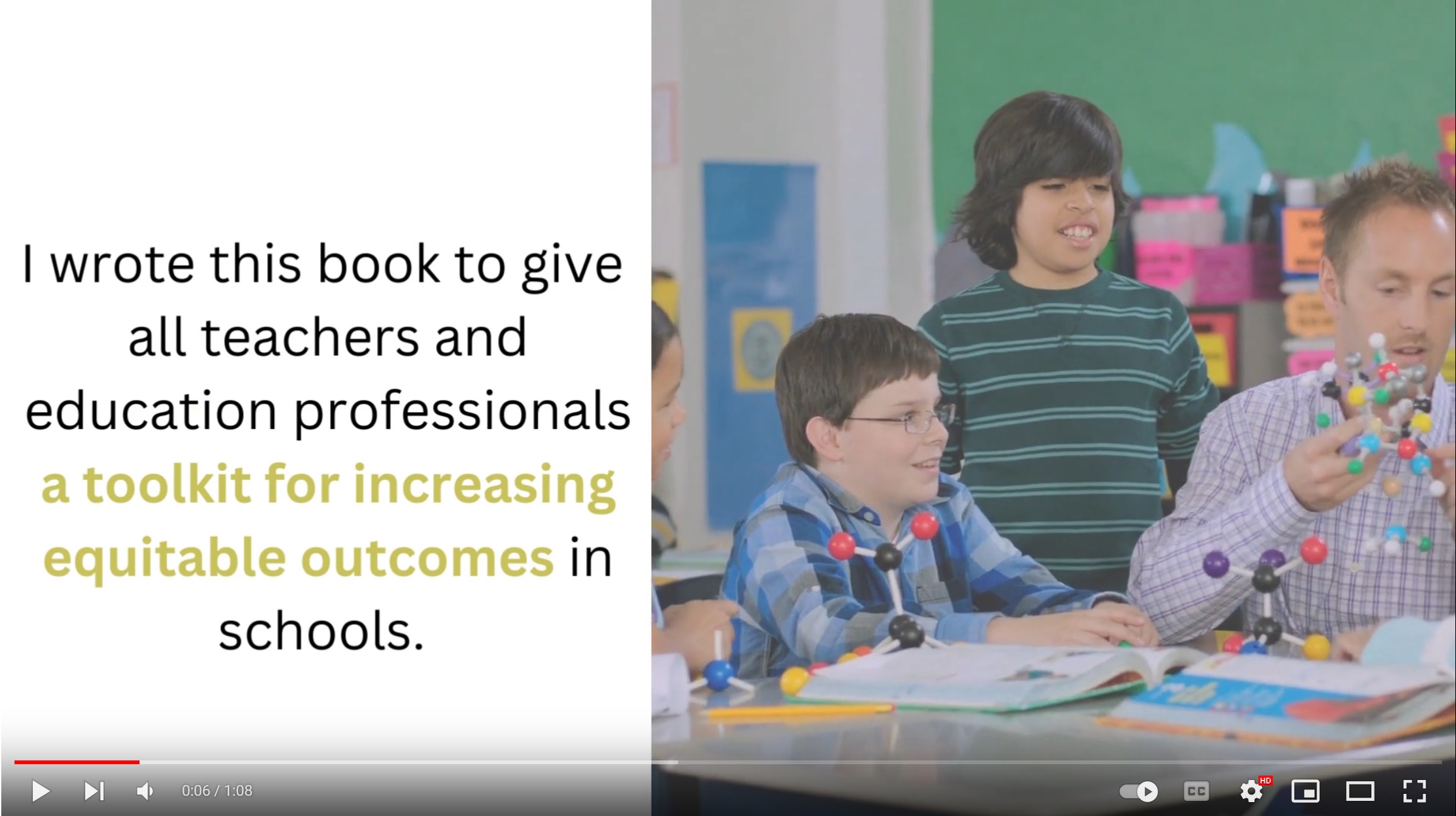 Social Justice in Schools: A Framework for Equity in Education
Social Justice in Schools: A Framework for Equity in Education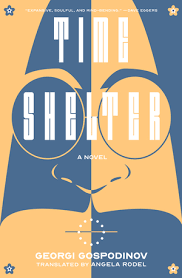 Time Shelter by Bulgarian author Georgi Gospodinov, translated by Angela Rodel, won the 2023
Time Shelter by Bulgarian author Georgi Gospodinov, translated by Angela Rodel, won the 2023 
 Book you've bought for the cover:
Book you've bought for the cover: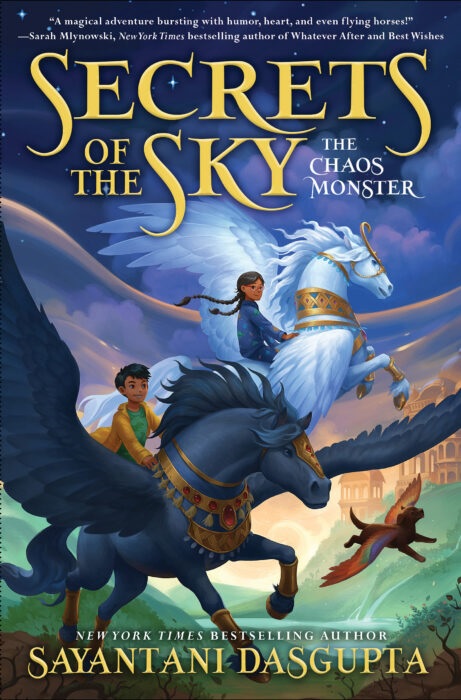 In the witty, fantastical The Chaos Monster, book one of Sayantani Dasgupta's Secrets of the Sky series, fraternal twins find that magic can happen to anyone, especially if they live in that "state where a lot of strange things happen"--New Jersey!
In the witty, fantastical The Chaos Monster, book one of Sayantani Dasgupta's Secrets of the Sky series, fraternal twins find that magic can happen to anyone, especially if they live in that "state where a lot of strange things happen"--New Jersey!